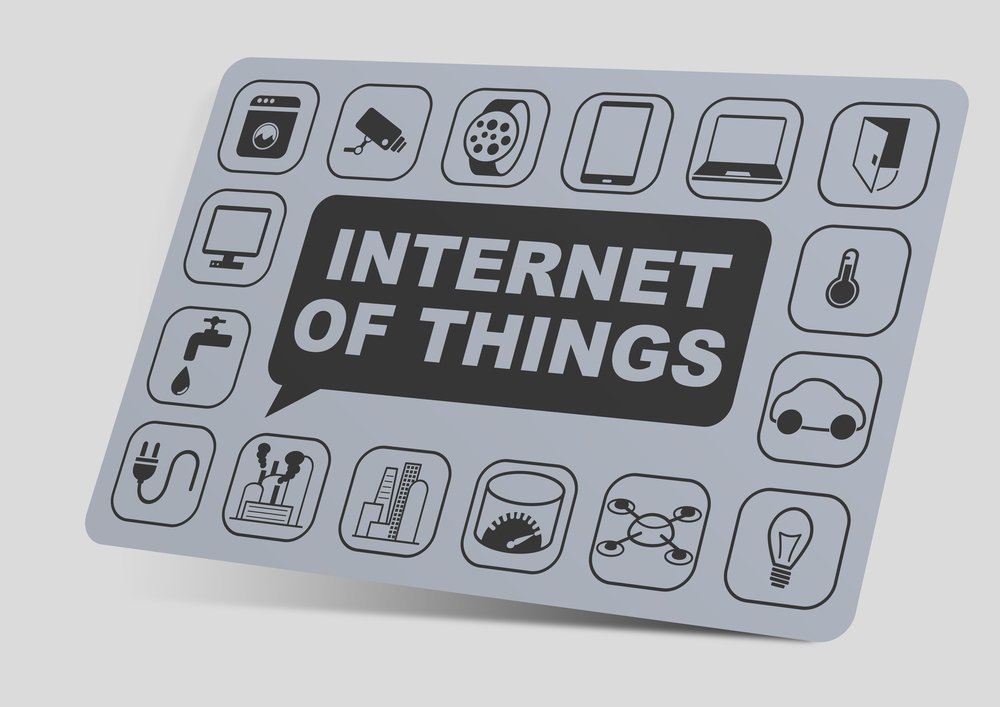At a time of uncertain economic growth, the Internet of Things (IoT) could contribute $14.2 trillion to world output by 2030, according to new research by Accenture.
But these potential gains are at risk because neither companies nor governments are taking sufficient actions to put in place the conditions necessary for the wide adoption of new digital technologies.
The IoT, which enables new digital services and business models based on intelligent connected devices and machines, is expected to particularly boost growth in mature markets, according to the report titled ‘Winning with the Industrial Internet of Things’.
The UK could increase GDP by $531billion by 2030, lifting its GDP in 2030 by 1.8% over trend projections.
>See also: Who will service the billions of Internet of Things devices?
By the same time, capital investments in the IoT and the productivity gains that should follow are expected to add $6.1 trillion to the United States’ cumulative GDP. If the U.S. were to invest 50% more in IoT technologies and improve enabling factors, such as its skills and broadband networks, the gain could reach $7.1 trillion by 2030, raising its GDP 2.3% higher in 2030 than trend projections.
Germany could lift its cumulative GDP by $700 billion by 2030 by taking similar additional actions, raising its GDP in 2030 by 1.7%.
China looks set to see greater economic gains from the IoT than Russia, India or Brazil. With IoT-enhanced measures in place, China could lift cumulative GDP by $1.8 trillion by 2030, raising its GDP in 2030 by 1.3% over trend projections.
However, the report reveals that these gains are at risk, in part because 73% of companies have yet to make concrete plans for the IoT, according to a survey of more than 1,400 global business leaders, of whom 736 are CEOs. Only 7% of those surveyed have developed a comprehensive strategy with investments to match.
The lack of commitment to the IoT is largely due to the difficulty of applying it to generate new revenue streams, according to the research. Although a majority (57%) of business leaders say that new revenues will be the greatest opportunity of the IIoT, fewer than one in seven (13%) think their company will actually benefit in this way.
Instead, their companies are focused on using the IoT to make efficiency gains and see employee productivity and reduced operational expenses (cited by 46% and 44% respectively) as the most likely benefits for their companies.
“The industrial Internet of Things is here today, helping to improve productivity and reduce costs,” said Paul Daugherty, CTO at Accenture. “But its full economic potential will only be achieved if companies move beyond using digital technology to make efficiency gains alone and unlock the value of data to create new markets and revenue streams. That means radically changing how they do business: working with competitors, forming partnerships with other industries, redesigning organizational structures and investing in new skills and talent.”
Poor enabling conditions hold some countries back
Many countries have insufficient supporting conditions for the rapid adoption of the IoT, according to Accenture analysis of 20 key economies. The U.S., Switzerland, Nordic countries and the Netherlands come out on top. Spain and Italy join Russia, India and Brazil as the countries with the weakest supporting conditions.
>See also: Why the Internet of Things is more than just a smart fridge
These include limited infrastructure, skills or institutional foundations required to support the widespread adoption of new technologies. The report suggests that businesses will have to help governments identify improvements to these enabling conditions to encourage greater investment in the IoT and scale its
87% of business leaders believe that the IoT will be a net creator of jobs, according to the research. An accompanying report by Accenture and the World Economic Forum indicates that digital technologies will have a positive impact on the workforce of the future by augmenting existing skills and enabling workers to undertake more sophisticated work.
For example, drill operators could operate equipment remotely, enabling them to collaborate with engineers and data analysts to improve the precision and productivity of drilling operations







